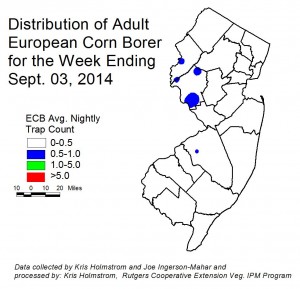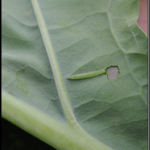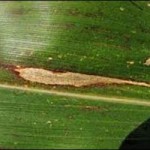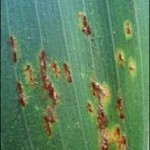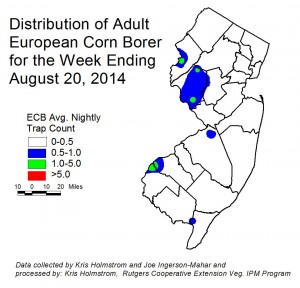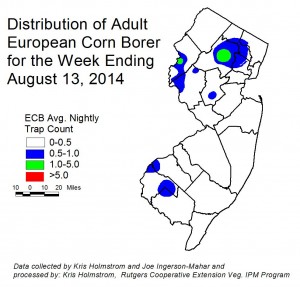Topics for the Week
- Sweet Corn
- Peppers
- Tomatoes
- BMSB
- Pumpkins and Winter Squash
- Cole Crops
Maps for the Week
–European Corn Borer Map
–Corn Earworm Moth Blacklight Trap Map
–Corn Earworm Moth Pheromone Trap Map
–Pepper Weevil Trap MapVegetable IPM Report 9-3-14 – Click to View | Download | Print
Vegetable Crops Edition
Seasonal updates and alerts on insects, diseases, and weeds impacting vegetable crops. New Jersey Commercial Vegetable Production Recommendations updates between annual publication issues are included.
Subscriptions are available via EMAIL and RSS.
Quick Links:
 NJ Commercial Vegetable Production Recommendations
NJ Commercial Vegetable Production Recommendations
 Rutgers Weather Forecasting - Meteorological Information important to commercial agriculture.
Rutgers Weather Forecasting - Meteorological Information important to commercial agriculture.
Veg IPM Update: Week Ending 9/3/14
Vegetable Disease Briefs – 8/25/14
- Late blight was reported in organic tomato field in southern New Jersey on 8/14. There have been no new reports of late blight in the state this past week.
- Basil downy mildew remains active.
- Pepper anthracnose has flared up in the southern part of the state.
- Phomopsis fruit rot has been found on eggplant in Salem County.
- Conditions for downy mildew development on many crops have been ideal this past week with the cooler temperatures and dewy mornings. Downy mildew has been reported on cucumbers, basil, and crucifer crops. Remember, the fungicides recommended for controlling downy mildew are specific and need to be incorporated into weekly maintenance applications.
Veg IPM Update: Week Ending 8/20/14
There’s a lot going on this week!
Maps for the Week
–European Corn Borer Map
–Corn Earworm Moth Blacklight Trap Map
–Corn Earworm Moth Pheromone Trap Map
–Pepper Weevil Trap MapTopics for the Week
- Sweet Corn
- Peppers
- Tomatoes
- BMSB
- Pumpkins and Winter Squash
- Cole Crops
Vegetable IPM Report 8-20-14 – Click to View | Download | Print
Late Blight Found on Tomato in Southern NJ – 8/14/14
Late blight was found in an organic tomato field near Bridgeton today, August 14. This is the first report of late blight in New Jersey this growing season.
Weather conditions this past week have been favorable for its development in most of the mid-Atlantic region. All tomato and potato growers in the state should scout their fields on a regular basis. All tomato and potato growers who have not initiated a protectant fungicide program should do so. For more information on controlling late blight please see the 2014 Commercial Vegetable Production Recommendations: Tomato Section, page F205 and Potato Section, page F128.
If you suspect late blight on your farm please contact your County Ag Agent.
Veg IPM Update: Week Ending 8/13/14
Vegetable IPM Report 8-13-14 – Click to View | Download | Print
Maps for the Week
–European Corn Borer Map
–Corn Earworm Moth Blacklight Trap Map
–Corn Earworm Moth Pheromone Trap MapTopics for the Week
- Sweet Corn
- Peppers
- Tomatoes
- BMSB
- Pumpkins and Winter Squash
